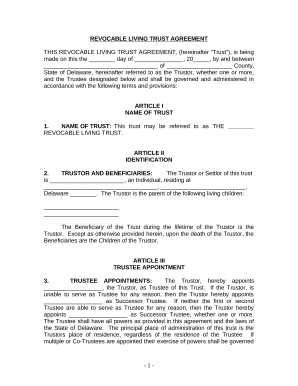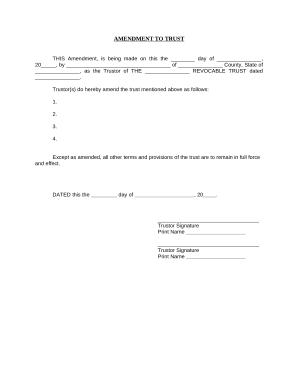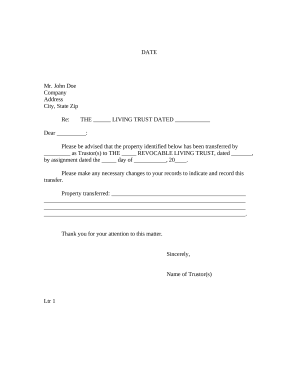







Document management consumes to half of your business hours. With DocHub, it is easy to reclaim your time and effort and improve your team's productivity. Get Personal Trusts online library and explore all form templates related to your day-to-day workflows.
Effortlessly use Personal Trusts:
Accelerate your day-to-day document management with our Personal Trusts. Get your free DocHub account today to discover all templates.